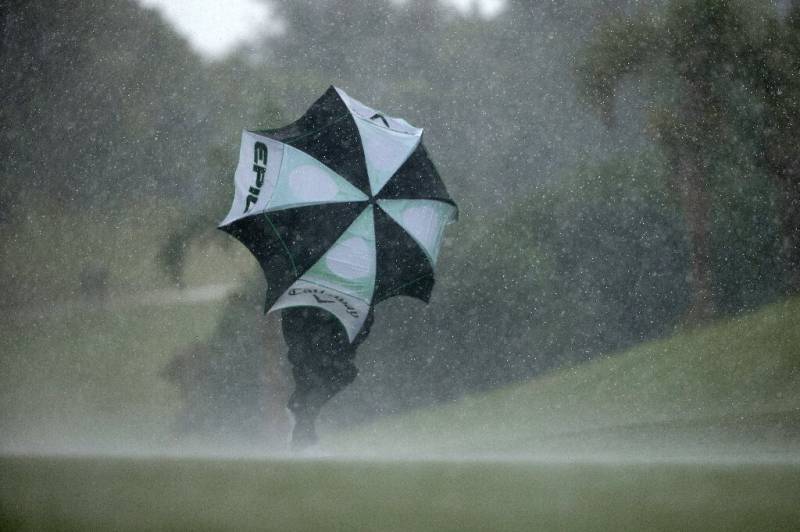'Brutal' storm bears down on California

Stay tuned with 24 News HD Android App

Some "brutal" weather was bearing down on California on Tuesday, with forecasters warning torrential rain and widespread flooding this week could prove deadly.
The usually parched west of the United States has been walloped by a series of storms over recent weeks that have lashed the coast, bringing near-record rainfall to some parts.
Now a huge system is set to roll in from the Pacific Ocean over Wednesday and Thursday, with meteorologists saying anyone living in its path needs to be prepared.
"This will likely be one of the most impactful systems on a widespread scale that this meteorologist has seen in a long while," one National Weather Service (NWS) forecaster wrote.
"The impacts will include widespread flooding, roads washing out, hillside collapsing, trees down (potentially full groves), widespread power outages, immediate disruption to commerce and the worst of all, likely loss of human life.
"This is truly a brutal system that we are looking at and needs to be taken seriously."
Parts of northern California are already reeling from a powerful storm that hit on New Year's Eve, causing landslides and power outages, as levees were breached and roadways were flooded.
At least one person is known to have died after being trapped in a submerged car.
San Francisco recorded almost 5.5 inches (14 centimeters) of rain on December 31, the second wettest day for the city in recorded history.
Light rain was falling in the region Tuesday, expected to turn heavy on Wednesday, with up to five inches forecast around Sacramento, the NWS said.
"A strong storm system & atmospheric river will bring widespread moderate to heavy rainfall & strong winds to the region from Wed-Thurs. This will increase the threat for widespread flooding and wind damage across the Bay Area & Central Coast," NWS Bay Area tweeted.
The agency said people living in areas affected by the storm should have a "go bag" ready so they can evacuate quickly, and warned of the dangers of mud or rockslides near hills.
The rain is the result of an atmospheric river -- a current of heavy moisture in the air.
Such atmospheric rivers are not uncommon at this time of year, but the present one is connected to a low pressure system that will develop into a "bomb cyclone" -- where air pressure drops suddenly, generating intense winds.
Heavy rain in lower lying areas will turn into heavy snowfall over the mountains as moisture-laden air rises, with up to four feet (1.2 meters) expected over the Sierra Nevada.
The western United States is in the grip of a decades-long drought, with below average precipitation leaving river and reservoir levels worryingly low.
While forecasters say any rain is helpful, sudden downpours brought by heavy storms can do more harm than good as the ground struggles to absorb such high volumes of water so quickly, resulting in flooding.
